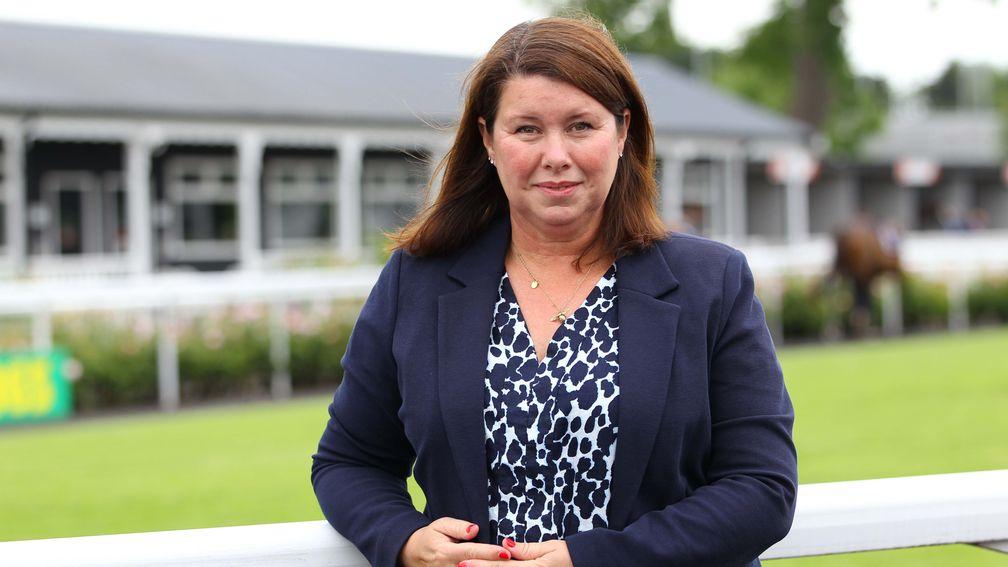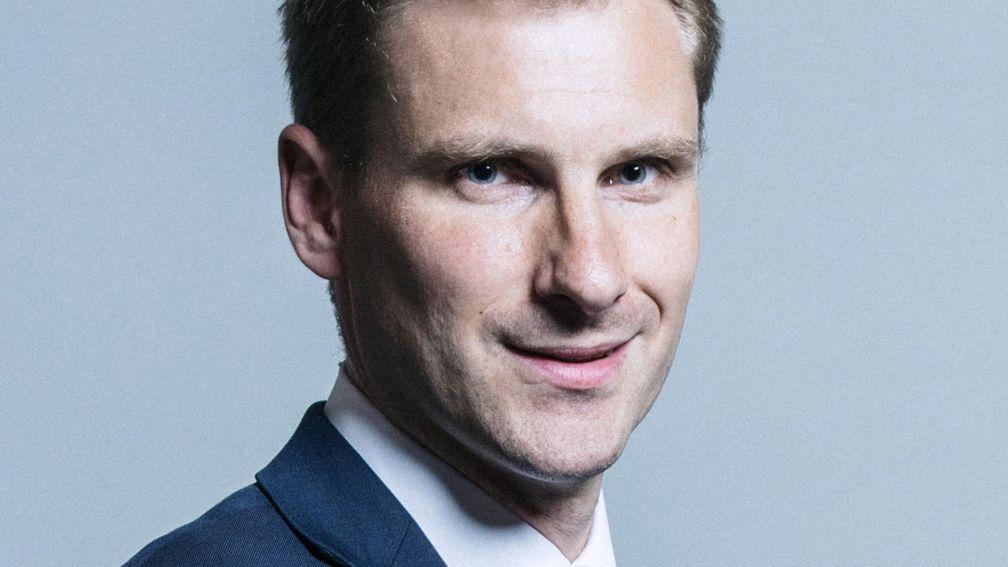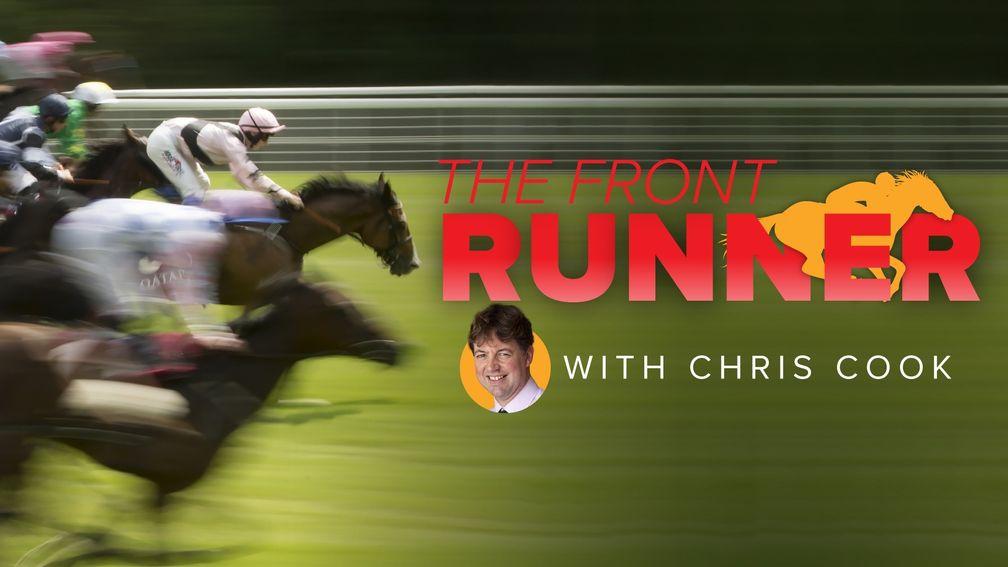'We are struggling to pay today's bills' - Harrington in plea for levy reform

Racing must persuade the government of the need for further levy reform in order to ensure it has a sustainable future, BHA chief executive Julie Harrington said on Thursday.
Harrington told the audience at Windsor racecourse for the Horseracing Industry Conference, whose theme was 'Future-proofing the racing industry', that "building solid economic foundations is also the keystone of environmental sustainability".
Although changes to the levy were introduced in 2017 to extend British racing's central funding system to operators based overseas, which had boosted yields to more than £90 million before Covid-19 struck, the sport is calling for further reforms despite another review not being due until 2024.
Chris Cook: BHA chief sends a shot across the bows of racing's warring factions (Members' Club)
The issue was discussed in the House of Commons last week, when former cabinet minister Matt Hancock pressed the government to change the basis of the levy from gross profits to a turnover basis and to include money bet on foreign racing. The new gambling and racing minister Chris Philp said ministers would consider "detailed submissions" from the sport.

Harrington said: "Investing in a sustainable future for racing is going to require significant funding, and with the levy shortfall we are struggling to pay today's bills let alone invest in the future.
"And yet we desperately need the equivalent of a sustainability fund that we can use to grow the industry, to create jobs and to protect our people and the planet.
"That's why, in addition to all the self-help, all the great work done by racecourses, trainers, breeders and other racing businesses, it's so important that government agrees with our call for an early review of the levy and to address the shortfall in returns to racing from betting, to allow us to invest in protecting people's livelihoods, protecting our businesses and the social and environmental sustainability we all desire."
Detailing a "financial health check" of British racing, Harrington said: "As we emerge from Covid, breeding and racing make up a resilient, world-class industry that Britain is lucky to have, contributing over £4 billion to the economy every year."
She told the audience that the number of horses in training, trainers and jockeys were "virtually unchanged", while revenues next year should be around 95 per cent of where they were in 2019 based on racegoer numbers returning to pre-Covid levels.
Harrington said betting revenues were holding up well, while new media rights deals will allow "many racecourses" to return their prize-money contributions to 2019 levels in 2022. "In turn we hope prize-money next year will be approaching 2019 levels of around £150m," she added.
However, Harrington warned the conference, organised by the Racing Foundation and University of Liverpool, that there were "warning lights" which had been present since before Covid-19 struck.
'Shadwell may not be the only major breeder to cut back'
She said: "After the immediate bounce back, our overall revenues may not return to growth until 2025 and the returns to owners from prize-money are in general well below competitor countries.
"Many owners and breeders operate at levels where they incur significant losses, threatening their sustainability. That makes it more likely that Shadwell may not be the only major breeder to cut back.
"Although racegoers are coming back, the sport had already lost half a million visits in the years before Covid and other sports are setting big marketing budgets aside to compete against us for fans."
Harrington said the government was considering further regulation in areas including animal welfare, betting and environmental sustainability which would put financial pressure on businesses at the same time that inflation was increasing industry costs.
"But the overall profits from betting on racing haven't grown for the past 20 years as betting on other products has grown," she added. "In turn this means the return from the levy hasn't kept pace with inflation, and the gap will grow even wider over the next five years. We believe that creates a revenue shortfall into the industry of over £160m up to 2024."
Harrington said racing needed to increase revenues from racegoers, betting and sponsorship, and had to work closely with the betting industry.
British racing's leadership, through its executive committee, she said was also working on a number of projects to increase engagement with the sport and its customer base, including the fixture list and race programme; the use of data, building on the Racehorse Owners Association's ownership strategy; and development of the levy.
Read more:
Jockey Club faces major plunge in revenue and profits following pandemic
Ascot losses to exceed £10m this year as royal track aims to bounce back
BHA 'back on budget' after impact of Covid-19 leads to £1 million operating loss
Concerns over extra Saturday meetings after BHA publishes 2022 fixture list
'We're still in recovery mode' – Julie Harrington outlines 2022 fixture plans

The Front Runner is our latest email newsletter available exclusively to Members' Club Ultimate subscribers. Chris Cook, a three-time Racing Reporter of the Year award winner, provides his take on the day's biggest stories and tips for the upcoming racing every morning from Monday to Friday
Published on 30 September 2021inNews
Last updated 18:55, 30 September 2021
- The latest edition of the Racing Post is available to read online now - here's how you can access it
- How Smart View recorded a 76 per cent profit at the Cheltenham Festival
- Smart View is available on the Racing Post app - how to read the revolutionary new racecard
- Levy reform talks 'accelerating' as clock ticks down to April deadline for agreement
- Kieran Shoemark lands another plum Meydan ride for Gosden stable on Trawlerman in Saturday's Dubai Gold Cup
- The latest edition of the Racing Post is available to read online now - here's how you can access it
- How Smart View recorded a 76 per cent profit at the Cheltenham Festival
- Smart View is available on the Racing Post app - how to read the revolutionary new racecard
- Levy reform talks 'accelerating' as clock ticks down to April deadline for agreement
- Kieran Shoemark lands another plum Meydan ride for Gosden stable on Trawlerman in Saturday's Dubai Gold Cup